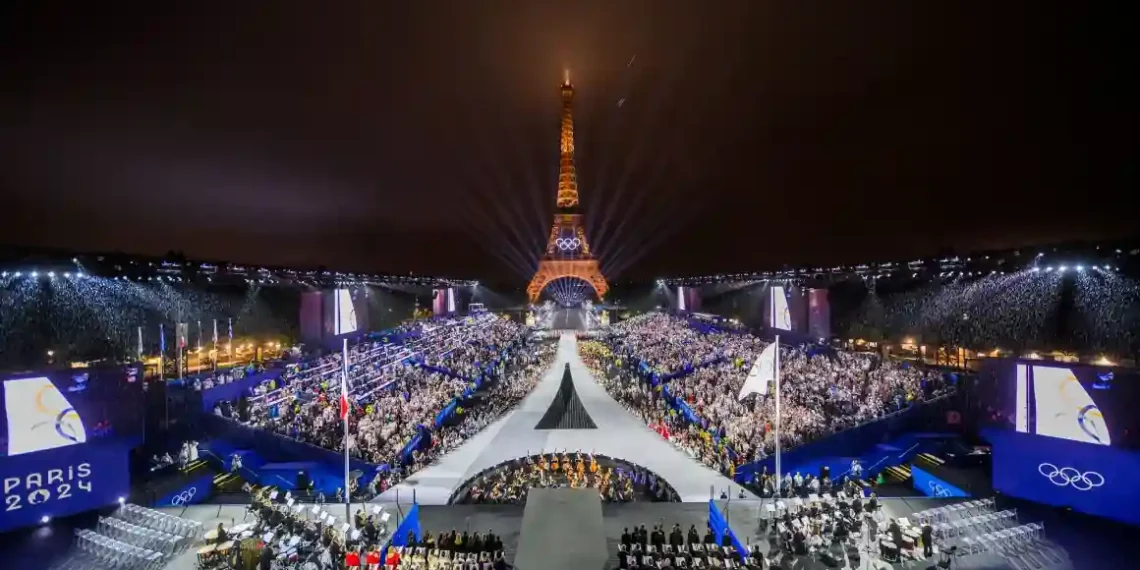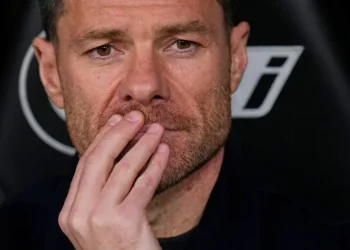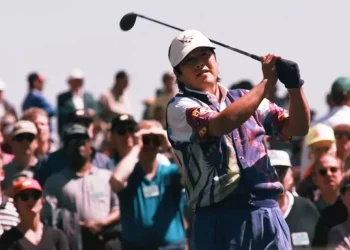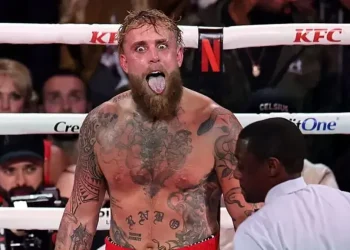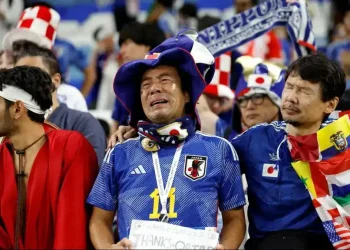Kirsty Coventry’s Challenges as New IOC President: Geopolitics, Gender Policies, and Olympic Evolution
Kirsty Coventry has made history as the first woman and the first African to be elected President of the International Olympic Committee (IOC). At 41, she also becomes the youngest leader to hold the prestigious position, inheriting a role with immense influence over global sports, politics, and economics. Coventry succeeds Thomas Bach, whose 12-year tenure saw some of the most defining moments in the Olympic movement. As she prepares to take the reins in June, she faces a multitude of challenges that will shape the future of the Games.
Reintegrating Russia and Belarus into the Olympics
One of the most pressing issues on Coventry’s agenda is the participation of Russian and Belarusian athletes in the 2026 Winter Olympics in Milan-Cortina. Following Russia’s invasion of Ukraine in 2022, the IOC imposed a blanket ban on athletes from both nations. However, by 2023, certain competitors were allowed to participate under the Individual Neutral Athlete (AIN) flag, provided they met strict eligibility criteria.
With the war in Ukraine ongoing, the debate over full reintegration remains contentious. Russia has vowed to fight for participation, while Ukraine continues to urge the IOC to uphold restrictions. Coventry must navigate this geopolitical minefield, balancing the IOC’s commitment to neutrality with mounting pressure from governments and sporting federations worldwide.
Navigating U.S. Politics and the 2028 Los Angeles Olympics
The 2028 Summer Olympics in Los Angeles present another political challenge, especially if Donald Trump returns to the White House. Trump has previously expressed strong opinions on sports policies, including athlete eligibility and visa restrictions. His leadership could introduce new complexities regarding athlete participation based on nationality and gender identity.
CNN Sports analyst Christine Brennan predicts that Trump will be an influential—if not disruptive—figure in the lead-up to LA 2028. As the head of state of the host nation, he would play a significant role in the Games’ opening and closing ceremonies, potentially using the platform to push political agendas. Coventry must maintain the Olympic principles of neutrality and universality while ensuring that all 206 National Olympic Committees and the Refugee Olympic Team can participate without undue interference.
Establishing Unified Policies on Gender and DSD Athletes
Currently, there is no universal IOC framework regarding the participation of transgender and athletes with Differences in Sex Development (DSD) in international competitions. Since 2021, individual sports federations have been responsible for setting their own eligibility criteria, leading to inconsistencies and confusion among athletes.
Some federations, like World Athletics, have implemented stricter regulations for DSD athletes, while others, like World Rugby, have outright banned transgender women from competing in elite women’s competitions due to concerns over competitive fairness and safety.
During the Paris 2024 Games, misinformation regarding athletes’ gender identity led to widespread online abuse. Coventry will need to address this issue by potentially introducing standardized guidelines based on scientific research, ensuring fair competition while promoting inclusion.
Choosing the 2036 Olympic Host and Expanding Frontiers
Coventry’s presidency will extend through 2033, encompassing the selection of the host city for the 2036 Summer Olympics. With human rights commitments now embedded in the Olympic Charter, the decision-making process will be more scrutinized than ever.
Several countries, including Qatar, Saudi Arabia, India, and Indonesia, have expressed interest in hosting. The IOC has also modified its selection criteria to allow multiple cities, regions, or even countries to co-host the Games. With climate change concerns rising, Coventry might need to consider shifting the traditional Olympic calendar to allow for more diverse and sustainable bids.
Additionally, with the rise of digital entertainment, the IOC will likely explore new ways to engage younger audiences. The inaugural Olympic Esports Games in Riyadh in 2027 signals a shift toward embracing technological transformation. Coventry’s leadership could determine how the Olympic movement adapts to the evolving landscape of global sports consumption.
A Defining Era for the IOC
Kirsty Coventry steps into leadership at a time of immense global uncertainty. From handling geopolitical tensions to redefining gender policies and modernizing the Games, her tenure will significantly shape the future of the Olympic movement. How she addresses these challenges will determine whether she leaves a lasting legacy in the world of sports governance.
This article was rewritten by JournosNews.com based on verified reporting from trusted sources. The content has been independently reviewed, fact-checked, and edited for accuracy, neutrality, tone, and global readability in accordance with Google News and AdSense standards.
All opinions, quotes, or statements from contributors, experts, or sourced organizations do not necessarily reflect the views of JournosNews.com. JournosNews.com maintains full editorial independence from any external funders, sponsors, or organizations.
Stay informed with JournosNews.com — your trusted source for verified global reporting and in-depth analysis. Follow us on Google News, BlueSky, and X for real-time updates.
